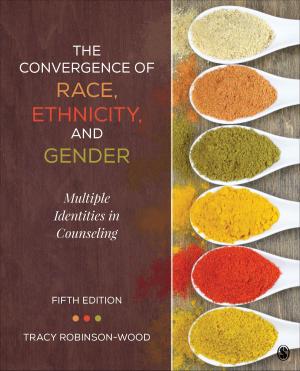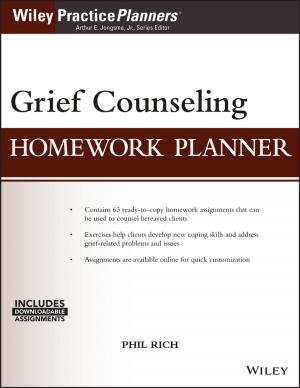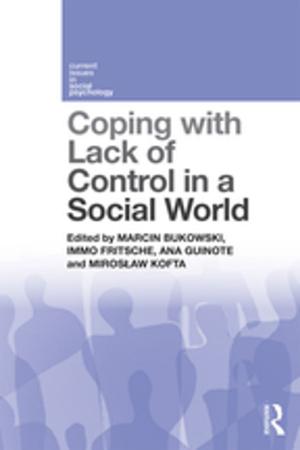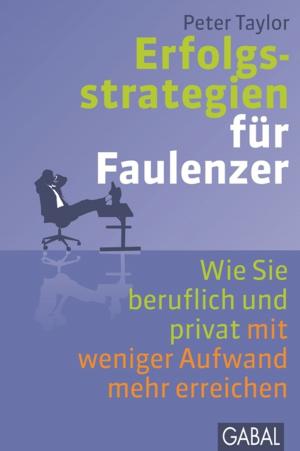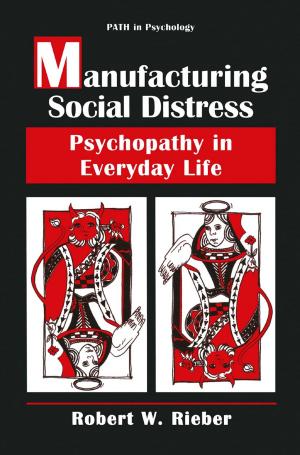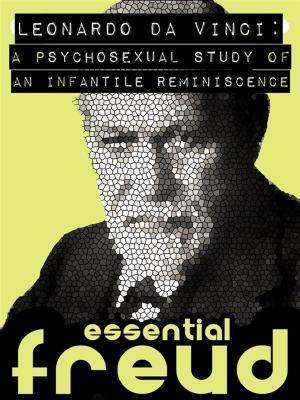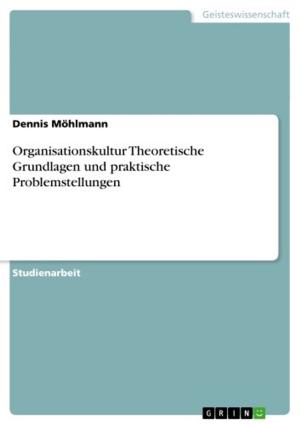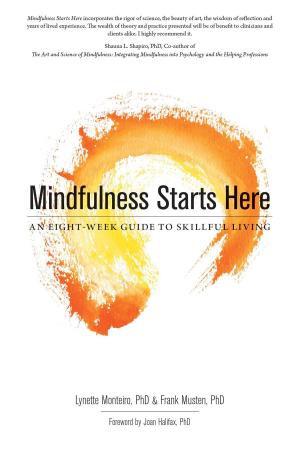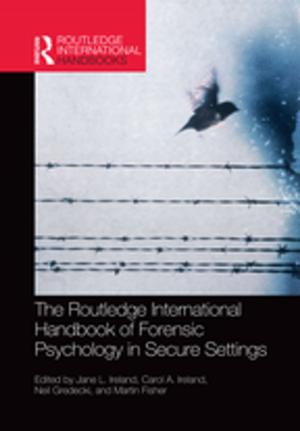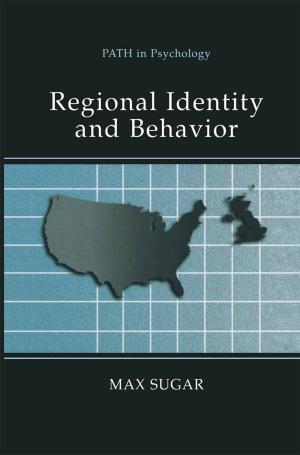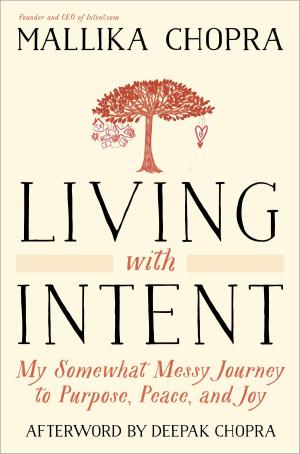The Insanity Myth
Nonfiction, Reference & Language, Law, Mental Health, Health & Well Being, Medical, Ailments & Diseases, Psychology| Author: | Winston Delano Cabrall | ISBN: | 9780994472021 |
| Publisher: | Winston D. Cabrall | Publication: | June 1, 2018 |
| Imprint: | Winston D. Cabrall | Language: | English |
| Author: | Winston Delano Cabrall |
| ISBN: | 9780994472021 |
| Publisher: | Winston D. Cabrall |
| Publication: | June 1, 2018 |
| Imprint: | Winston D. Cabrall |
| Language: | English |
The Insanity Myth*** ***is a discourse on the psychology and neurology of psychosomatic disorders or so-called "mental illnesses" and "altered states of consciousness," given as part of the classic argument between the medical sciences and the humanities, in this case neurology/psychiatry and the "uncovering therapies." The work aims to reach a broad audience of those interested in subjective material and, although some of the neurological material may be considered complex, interested readers will be able to follow at the behavioural level. For example, the segment on migraine, analytical of the work of J.W. Lance on its neurology and treatment, explains why migraine occurs and offers the option of a natural, rather than a medicated, approach to sufferers.
Presented in essay format, a spectrum of disorders are all part of the larger discourse, addressing the works of others on early memory, ranging from such diverse sources as: Penfield's "permanent record of the stream of consciousness," Persinger's helmet device for electronically stimulating the brain, to some ancient rituals of primitive cultures relating to the human need to release early memory emotional content. Also looked at are modern psychotherapy, the role of LSD and other drugs in the 1960's, and some more esoteric principles such as samadhi and beatitudes. Crucial elements of emotional development, both childbirth and instinctual trauma are discussed. The following which relate to the topics more generally outlined above are also examined:
- Nathan's work on the neural retention of physical pain (as memory) and his approach to psychoanalysis
- The phenomena of phantom limbs, epilepsy, deja vu, and religious visions
- Schizophrenia, the dopamine hypothesis, the role of serotonin, and panic attack
- Maslow's B-cognition, moral imperatives and essential instinctoid nature, as well as Jung's definition of insanity and God
- Empiricism in science and the humanities and my summation of the "argument" between them.
The closing segment relates to "body-work" which encompasses my own research on muscular tensions, psychosomatic pain, massage, and some methodology to deal with common separations of body and mind--whether simply used to focus and breathe one's way through a bout of indigestion or to go deeper to open the unconscious and make way for the release of deeply held un-verbal content ("affects derivative of instinct," as Freud would have put it).
***The Insanity Myth ***is the summation of my personal investigations into psychosomatic disorders or so-called mental illnesses. No claims are made about psychotherapy as a means for "curing" people. I intend only to offer my theories on the root of mental problems and suggest that a humane approach is better than the use of repressive drugs and shock-treatments.
The Insanity Myth*** ***is a discourse on the psychology and neurology of psychosomatic disorders or so-called "mental illnesses" and "altered states of consciousness," given as part of the classic argument between the medical sciences and the humanities, in this case neurology/psychiatry and the "uncovering therapies." The work aims to reach a broad audience of those interested in subjective material and, although some of the neurological material may be considered complex, interested readers will be able to follow at the behavioural level. For example, the segment on migraine, analytical of the work of J.W. Lance on its neurology and treatment, explains why migraine occurs and offers the option of a natural, rather than a medicated, approach to sufferers.
Presented in essay format, a spectrum of disorders are all part of the larger discourse, addressing the works of others on early memory, ranging from such diverse sources as: Penfield's "permanent record of the stream of consciousness," Persinger's helmet device for electronically stimulating the brain, to some ancient rituals of primitive cultures relating to the human need to release early memory emotional content. Also looked at are modern psychotherapy, the role of LSD and other drugs in the 1960's, and some more esoteric principles such as samadhi and beatitudes. Crucial elements of emotional development, both childbirth and instinctual trauma are discussed. The following which relate to the topics more generally outlined above are also examined:
- Nathan's work on the neural retention of physical pain (as memory) and his approach to psychoanalysis
- The phenomena of phantom limbs, epilepsy, deja vu, and religious visions
- Schizophrenia, the dopamine hypothesis, the role of serotonin, and panic attack
- Maslow's B-cognition, moral imperatives and essential instinctoid nature, as well as Jung's definition of insanity and God
- Empiricism in science and the humanities and my summation of the "argument" between them.
The closing segment relates to "body-work" which encompasses my own research on muscular tensions, psychosomatic pain, massage, and some methodology to deal with common separations of body and mind--whether simply used to focus and breathe one's way through a bout of indigestion or to go deeper to open the unconscious and make way for the release of deeply held un-verbal content ("affects derivative of instinct," as Freud would have put it).
***The Insanity Myth ***is the summation of my personal investigations into psychosomatic disorders or so-called mental illnesses. No claims are made about psychotherapy as a means for "curing" people. I intend only to offer my theories on the root of mental problems and suggest that a humane approach is better than the use of repressive drugs and shock-treatments.


